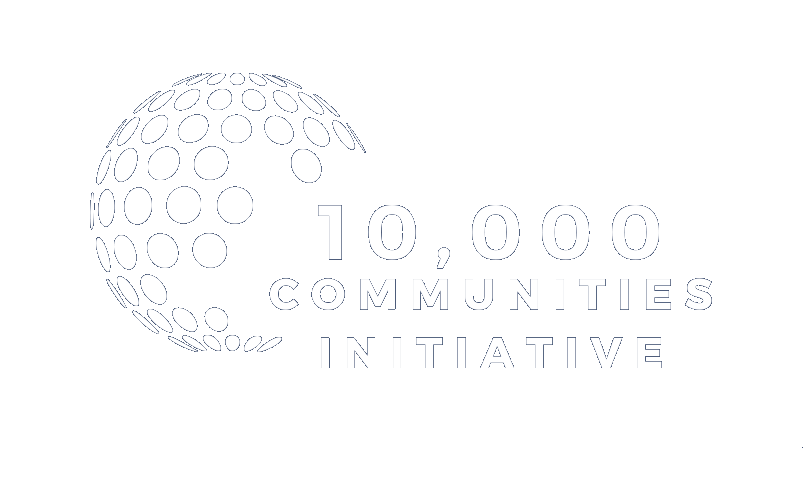10,000 Communities Initiative
How can 10,000 US communities accelerate
their most critical community infrastructure projects?
THE KEY: Connecting people, projects, and partners who understand that creating resilient communities and building equitable economies takes new initiative.
Join the Collaboration
Become a coalition partner and offer funds or services.
Underserved rural and urban communities are struggling to access catalytic capital and talent to build a better pipeline of investment-ready and shovel-worthy local projects. Raise your hand to bring attention, funds, and services to communities in need.
We are asking organizations to:
- Sign the Letter
- Offer funds and services
- Host a regional community infrastructure training event
Submit Your Project
Gain access to the expertise, training, capital, and partnership networks you need to advance your project.
We are inviting community-based organizations, utilities, cities, counties, states, and project developers to upload their local community projects to the Community Infrastructure Center platform to access relevant training materials and tools, navigate government and philanthropic funding sources, and connect with interested impact investors and other organizations developing similar projects and challenges.
Have a community project that needs catalytic support? Don’t know where to start?
About the Initiative
In partnership with other private and public organizations, the Milken Institute is launching the 10,000 Communities Initiative to ensure that cross-sectoral attention, federal technical assistance funding, and impact capital are effectively deployed to the underserved communities that need it most.
Despite myriad new federal and state funding opportunities, many urban and rural American communities are struggling to access the capital, capacity, and talent required to build critical community infrastructure projects.
We are inviting organizations to help accelerate and advance these projects by signing onto our letter, which will help amplify the importance of direct support to underserved communities seeking access to capital and capacity.
Read the letter ›
Key Facts
- The 10,000 Communities Initiative aims to accelerate and advance critical community infrastructure projects by maximizing innovation and integration across regions, sectors, and sources of investment capital.
- The effort was announced following our January 11-12, 2023 Public Finance Forum and will continue in 2023-2024 through a range of partner events that will include expanded outreach, partnerships, and direct tech assistance trainings.
- Our expanding Community Infrastructure Center (CIC) platform will help interested communities access the expertise, training, capital, and partnerships required to advance their community infrastructure projects.
- The CIC platform will also connect underserved community projects to capital and capacity from a wide range of sources—from impact and institutional investors to state grants to philanthropy to project development firms—because long-term local success depends on both catalytic new federal funding and locally-led innovation.
Key Partners
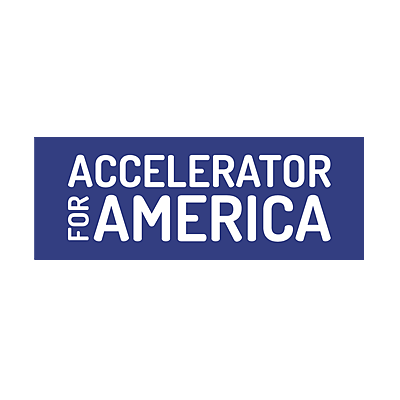
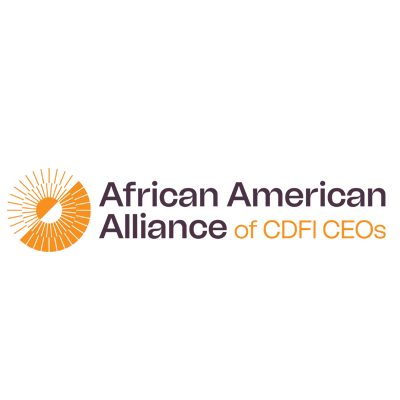
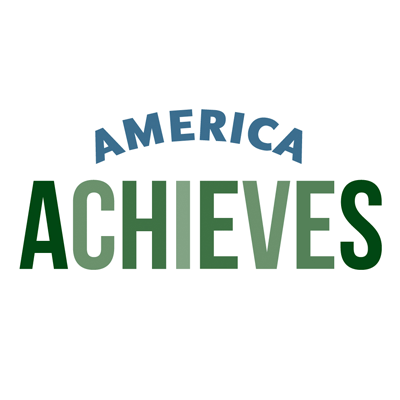
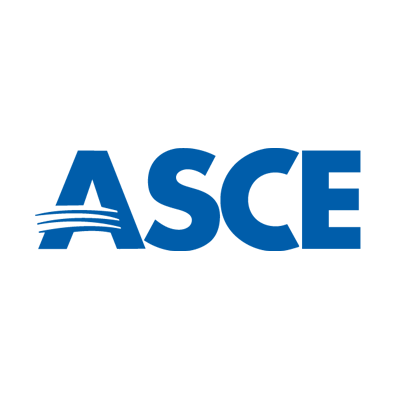
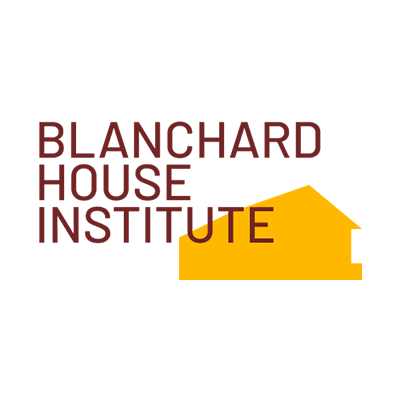
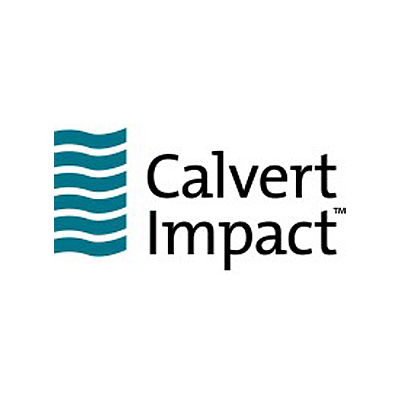
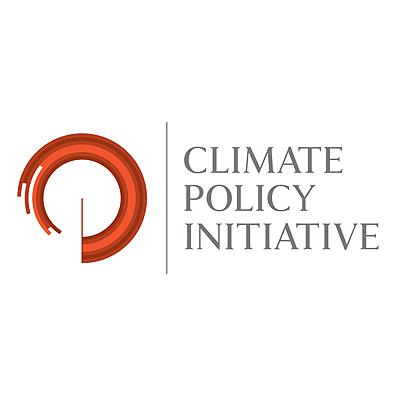


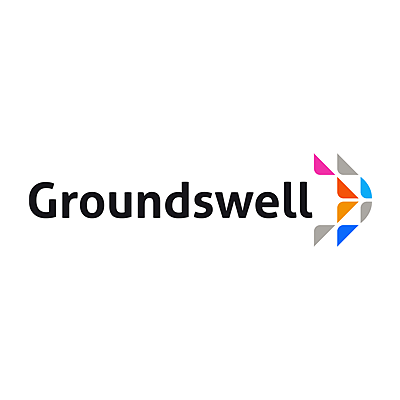
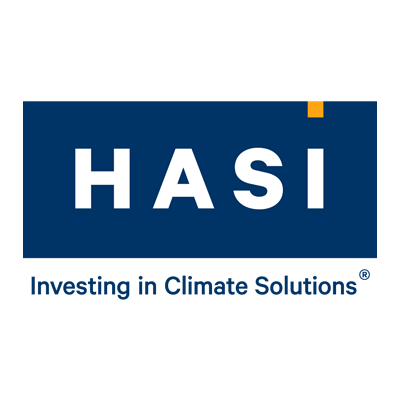
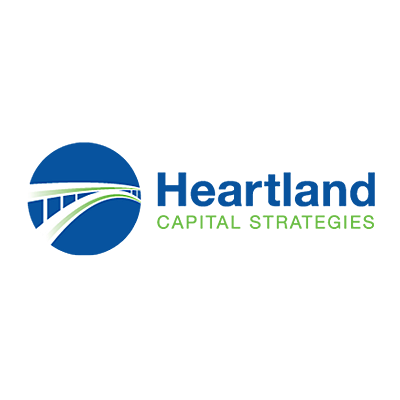

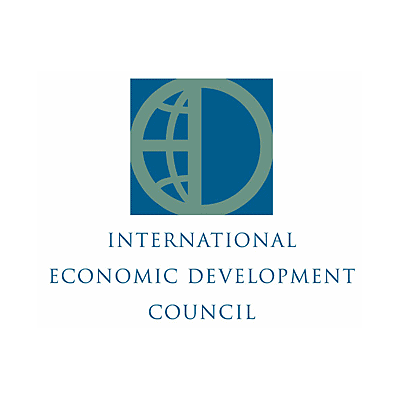
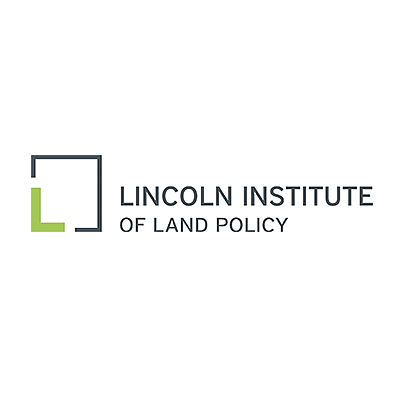

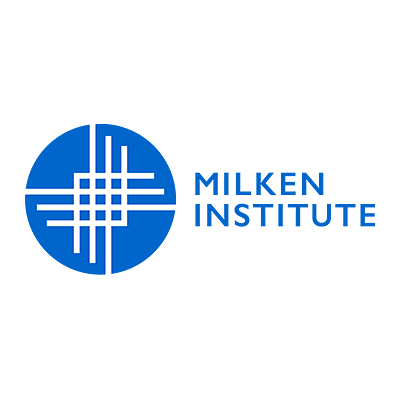

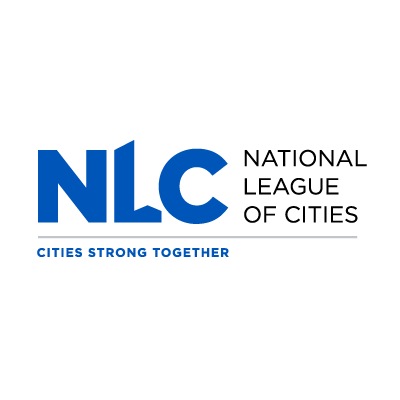
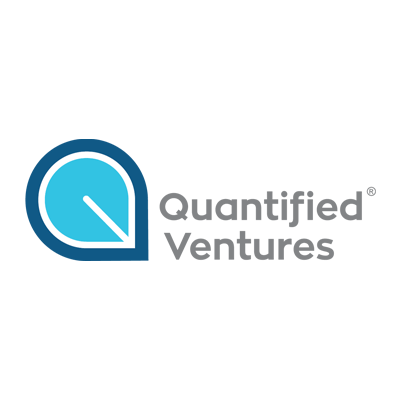
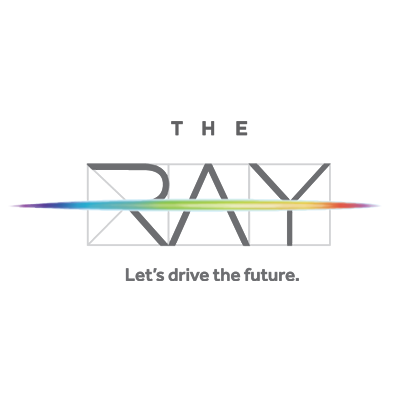
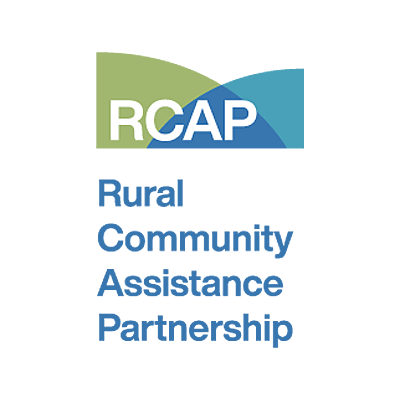



How You Can Help
Organizations are invited to sign onto the letter to amplify the importance of direct support to underserved communities seeking to access public and private capital and capacity. It builds upon the considerable momentum from our 2020-2022 coalition letter and successful $11 billion push for predevelopment funding as part of the bi-partisan infrastructure bill and the Inflation Reduction Act to strengthen the U.S. pipeline of shovel-worthy and investable community-scale infrastructure projects.
Cities, counties, states, non-profit organizations, community utilities, & project developers
can submit their local community projects into the platform to allow them to quickly find training materials, tools, partners, investors, and communities who are working on the same sort of projects and challenges.
Local and national advocacy and economic development organizations, local elected leaders, & clean economy business leaders are encouraged to consider holding local and regional training events and take other actions designed to “source” projects into the Community Infrastructure Center and accelerate local outcomes.
A model for this event is the California Regional event being held in February.
Community infrastructure subject matter experts, project developers, impact investors, foundations, & public figures can commit their time and expertise to help underserved communities advance replicable projects. We are asking investors to commit to participating in the financing of these projects. Our “shared services” approach will enable all sides of the project development ecosystem to find each other faster.
Read the Letter
Dear Leaders:
Despite myriad new federal and state funding opportunities, many underserved urban and rural American communities are struggling to access the capital, capacity, and talent they need to build critical community infrastructure projects.
Continued attention to these capacity issues by federal and state policymakers, impact and institutional investors, philanthropic donors, and project developers is essential in order to ensure that the communities that need help the most are connected to the skills and resources they need to jumpstart critical economic development and infrastructure projects.
We are launching the 10,000 Communities Initiative to ensure that cross-sectoral attention, federal technical assistance funding, and impact capital are effectively deployed to create climate resilient communities and equitable local economies.
Substantial evidence shows that underserved communities often lack the resources needed to even develop loan-worthy applications and projects and access affordable project financing resources. In 2021, many groups came together to highlight the need for catalytic predevelopment funding to overcome this critical funding gap. Past studies by EPA’s Brownfields program and the U.S. Economic Development Administration also show that so-called predevelopment funding to de-risk projects and develop loan-worthy project applications pays back $16-20 per $1 invested.
To ensure that this project pipeline problem is addressed, we would urge that:
- Federal, state, county and city policymakers take necessary steps to identify flexible sources of local capacity grants and loans to help underserved communities advance their critical community infrastructure projects. Further, state and federal loan programs should be reformed as needed to enable these communities to be able to better access currently under-utilized loan programs and ensure that new lending programs in the Inflation Reduction Act and the Infrastructure Investment and Jobs Act such as the Greenhouse Gas Reduction Fund address these critical access issues from the onset;
- Philanthropic sources should continue to support innovative efforts to provide concessionary capital and capacity, such as the Community Investment Guarantee Pool. In the wake of the passage of over $1 trillion in new federal support contained in the 2021 Bipartisan Infrastructure Law (IIJA), the 2022 Inflation Reduction Act, and the 2022 CHIPs competitiveness bills, new mechanisms will be needed to accelerate and integrate deployment and help underserved communities learn to blend climate capital across many siloed federal programs and other sources.
- To anchor these community-led efforts from the bottom up, we support the creation of new regional implementation and lending networks designed to accelerate capacity-building on the ground, and transfer best practices and successful models among communities, states, regions, and project developers with replicable projects. We also support the creation of a Community Infrastructure Center where communities with projects can connect with expertise and capital more quickly.
Trillions of dollars in sidelined capital could move into high-impact community infrastructure projects if everyone works together to address the local capacity and innovation barriers currently impeding economic development and infrastructure. This bottom-up shift cannot happen without a series of additive capacity and performance-based investments made now and through new initiatives.
This cross-sectoral initiative, alongside the Biden Administration’s Justice 40 commitment, California’s Strategic Growth Council Catalyst Fund, and other efforts to advance climate equity projects, can help effectively support project acceleration efforts in up to 10,000 communities over the next several years.
